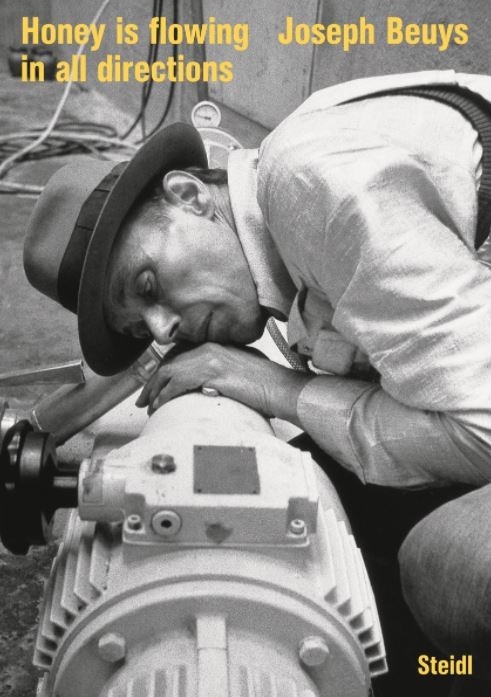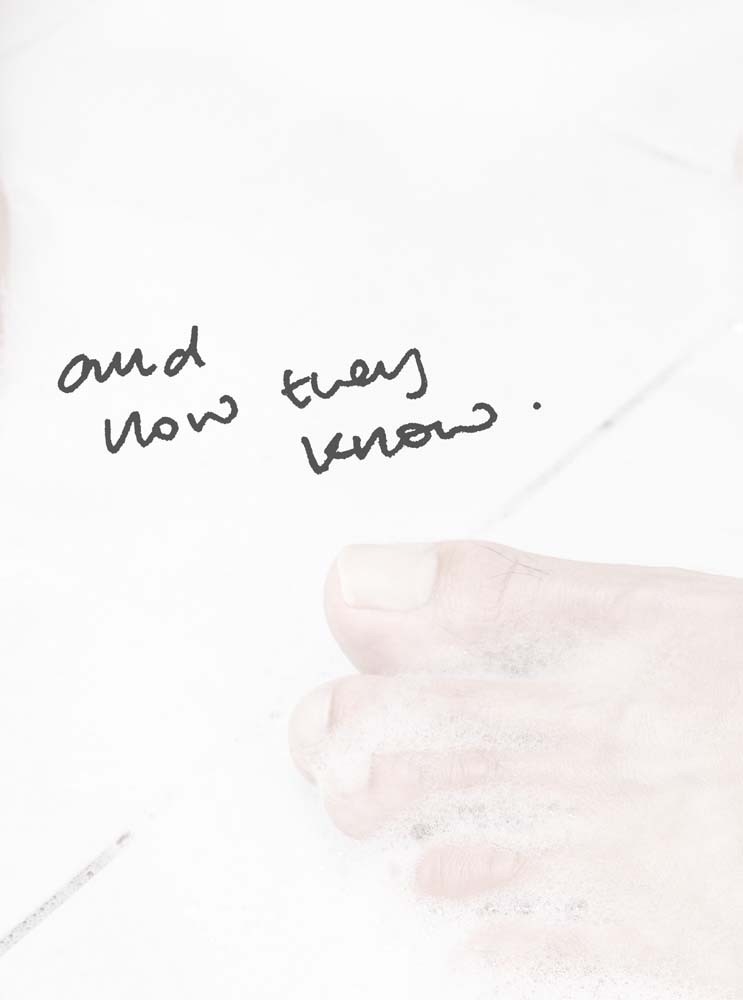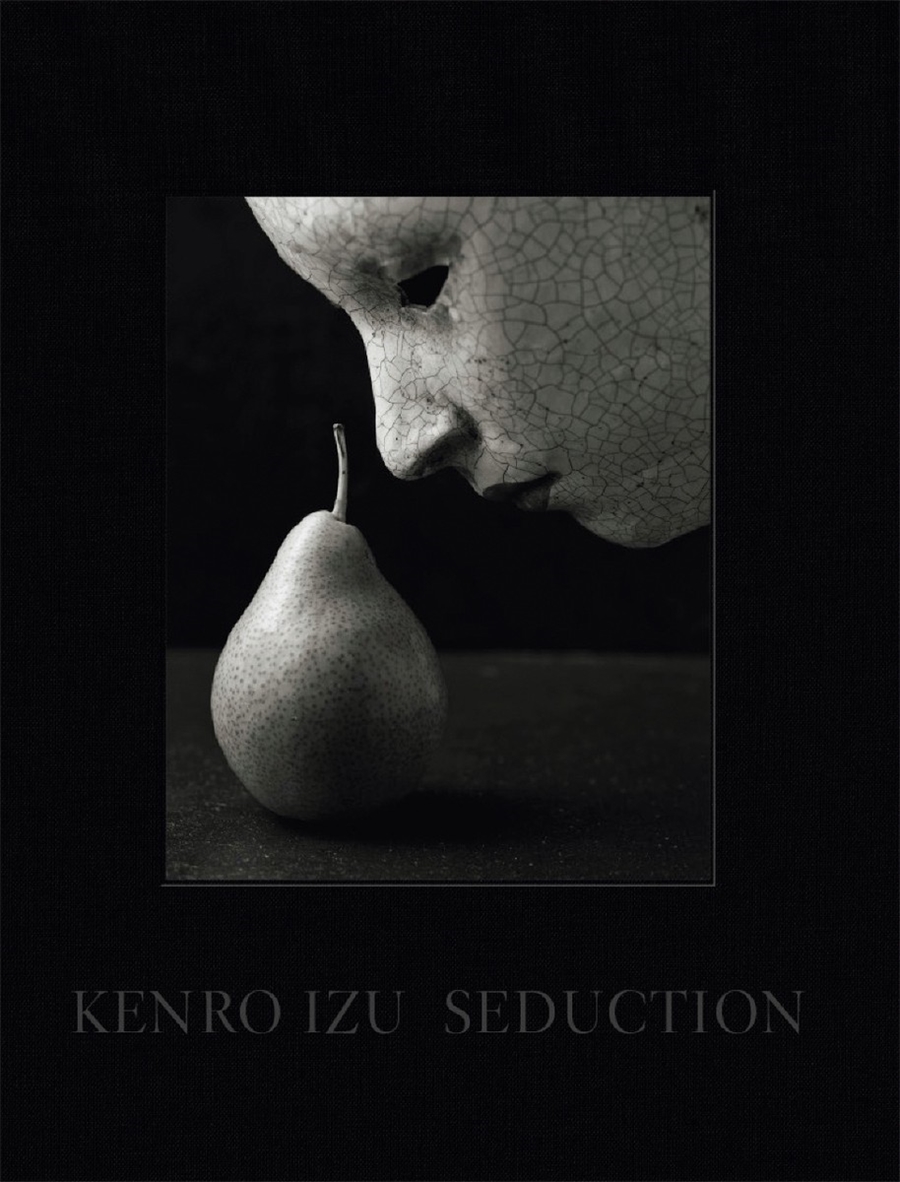Description
Kassel, documenta 1977. A pump driven by two strong motors forces two tons of honey over a 17-meter-high pipe into a network of tubes that traverses the rooms of the Fridericianum Museum. This was the core of Joseph Beuys’ Free International University for Creativity and Interdisciplinary Research which he brought to life at documenta 6. Around his Honeypump in the Workplace Beuys created events that expanded his notion of art and starkly differentiated it from tradition. For Beuys, “workplace” meant talks, speeches, workgroup discussions and citizens’ action committees. For 100 days he tirelessly expressed his ideas on how art and society must necessarily change, filling numerous blackboards with texts, diagrams and musical scores. On 28 June 1977 Beuys invited Klaus Staeck and Gerhard Steidl to join him in servicing and maintaining his honeypump, which was carefully documented in the photographs of this book, first published in 1997 and now re-conceived by Staeck and Steidl.
Truth must be found in reality, not systems. – Joseph Beuys




Reviews
There are no reviews yet.